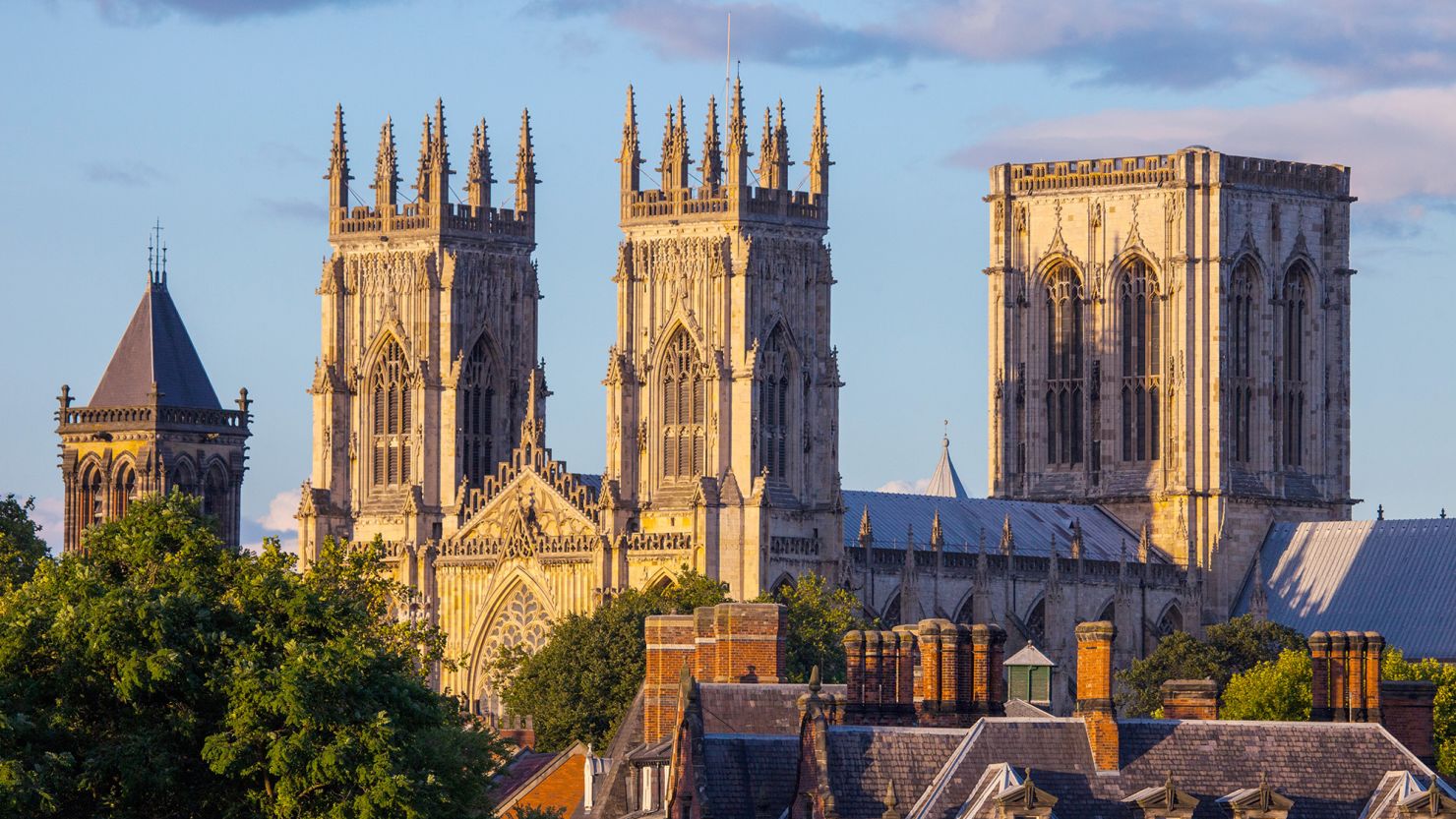England and Wales are no longer majority Christian, and are slightly less White than a decade ago, newly released 2021 census data show.
The two British nations have fallen from 59% self-described Christian in 2011 to 46% in 2021, the Office for National Statistics (ONS) announced Tuesday.
The number of respondents saying they had no religion was the biggest gainer, rising from 25% a decade ago to 37% now.
There was also a rise in the number of Muslims, from 5% in 2011 to 6.5% in 2021.
The percentage of respondents saying they were Buddhist, Hindu, Jewish, Sikh, or other stayed roughly stable over the decade, ONS data show.
England is legally a Christian country with an established church, the Church of England, with the monarch as its titular head.
The religion question on the 2021 census was voluntary. ONS said 94% of respondents answered it, up a fraction from 93% a decade ago.
The percentage of people identifying as White fell slightly, from 86% in 2011 to 82% in 2021.
People identifying themselves as Asian – a term that British people generally use to refer to South Asian nations including India, Pakistan and Bangladesh – made up the second largest group, rising from 7.5% in 2011 to 9.3% in 2021.
The number of people identifying as Black rose from 1.8% a decade ago to 2.5% now, while the percentage choosing “Other” climbed from 0.6% to 1.6% over the decade.
Nine out of 10 respondents (90%) in 2021 identified themselves with one of the United Kingdom’s national identities – English, Welsh, Scottish, Northern Irish, British or Cornish – down slightly from 92% in 2011.
Polish was the most common non-UK response, at 1%, followed by Romanian at 0.8%. Indian was selected by 0.6% of respondents, while Irish and Italian were each chosen by 0.5%. The census recorded similar patterns in the number of people who said they spoke Polish, Romanian, Panjabi and Urdu.
The census covers only England and Wales, two of the four nations that make up the UK. Scotland and Northern Ireland each have their own census.


